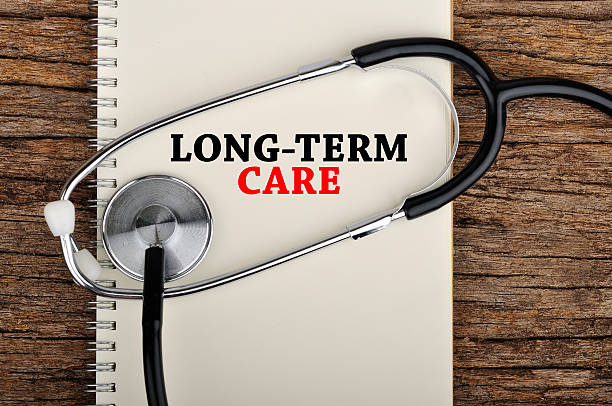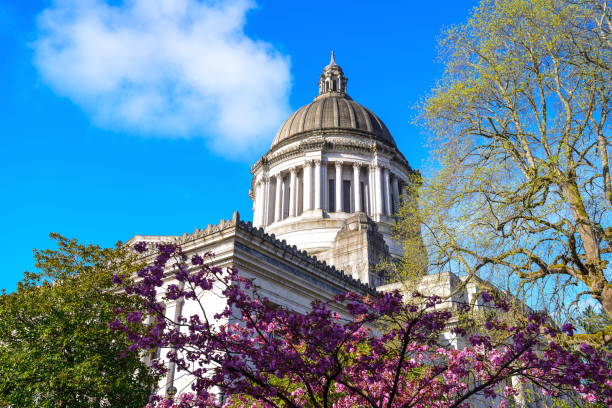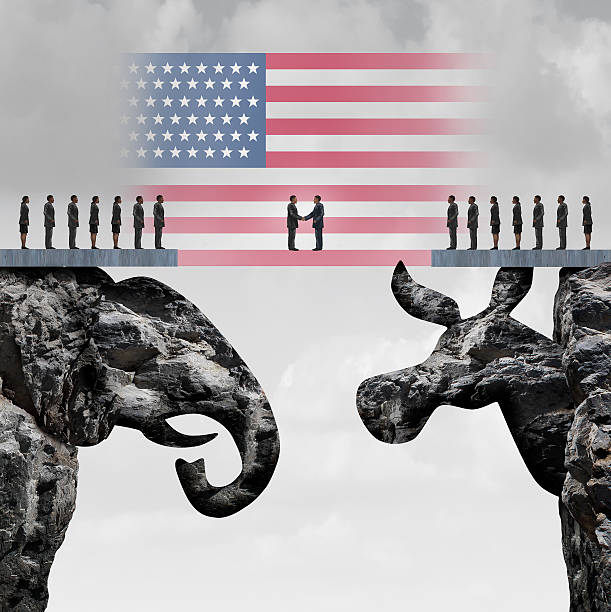Utah voters should be cautious about expanding Medicaid

This November, Utah voters will decide on whether to expand Medicaid under the Affordable Care Act (ACA). The expanded entitlement would be granted to all adults who earn less than 138 percent of the federal poverty level (FPL) or $16,700 per year.
Medicaid was created as a safety-net for low-income families with children, the disabled, and long-term care patients. Utah uses Medicaid to cover some homeless and mentally ill people.
In 2012, the U.S. Supreme Court ruled that the federal government could not force Medicaid expansion, that it must be voluntary for each state. The temptation is the federal government’s offer to pay 90 percent of the expansion costs starting in 2020. This sounds like “free” money, but it makes the matching cost-driver in Medicaid worse.
When Medicaid started in 1965, Congress thought costs would be controlled because state lawmakers would have to match federal funding. The exact opposite happened. State lawmakers doubled-down on Medicaid simply to get extra federal money. Medicaid’s costs exploded, crowding out state money for other programs. In Utah, Medicaid is already the second-largest budget item, just behind K-12 education.
Of course the distinction between federal money and state money is misleading, because Utah taxpayers are also federal taxpayers. There is no lock-box of federal money designated for Medicaid. The program is a pay-as-you-go entitlement. So even though the federal government pays much of new costs, expanded Medicaid in Utah must ultimately be paid by state taxpayers.
The cost estimate that less than 150,000 people in Utah would qualify for expanded Medicaid is probably too low. The estimate of new enrollees nationwide was 5.5 million people; the actual number was 11.5 million, or 110 percent more than projected. In Washington state, the error was even worse. State officials expected 262,000 enrollees, yet the total in the first year was 597,000, 128 percent more than projected.
The real tragedy is that Medicaid provides low-quality health insurance. Several studies, including the randomized, controlled study from Oregon, show Medicaid is no better than, and is often worse, than having no coverage at all.
One of the reasons is because Medicaid pays doctors only 40 to 60 percent of what private insurance pays. Many doctors simply cannot afford to treat Medicaid patients, because they can’t even cover their overhead costs on what Medicaid pays.
Medicaid expansion will make this problem worse in Utah. Some claim poor treatment reimbursement is better than uncompensated care. Yet Medicaid crowds out private insurance, so providers are forced to limit the number of low-reimbursement patients they can treat.
Proponents of expanding Medicaid say entitlement spending helps the economy, but it is hard to see how raising taxes or borrowing against future generations can increase the financial well-being of Utah or the nation.
Each state is different. Instead of expanding an unsustainable entitlement, Congress should give states more control over their own Medicaid programs. Block grants would allow state lawmakers to budget in a predictable and meaningful way. Democrat and Republican governors alike have supported this idea. More local control would help eliminate waste, fraud and abuse in Medicaid.
Expanding Medicaid in Utah will only weaken the program and make its poor-quality care problem worse. Instead of being forced into a government-run insurance plan, low-income people should be allowed access to the private market. Consumer-oriented coverage, with premium support, health savings accounts and high-deductible plans, would give Medicaid patients direct control over their health care dollars and their own health care decisions.







